The Blind Man and Double Amputee Who Planted 10,000 Trees
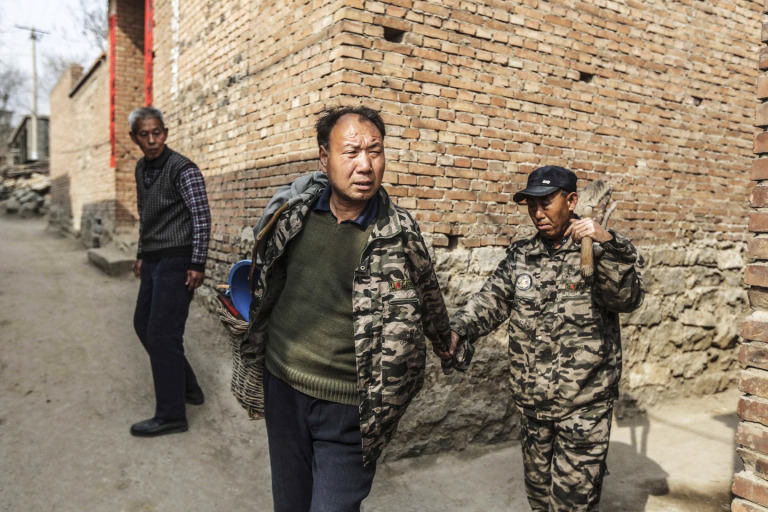
Jia Haixa talks of his symbiotic relationship with his friend Jia Wenqi, a double amputee -- “I am his hands. He is my eyes.”
The pair work together to plant trees in Yeli village, just outside of Shijiazhuang city, northern China. Losing his sight in one eye to congenital cataracts, and later his right eye in a work-related accident, Jia Haixa is completely blind.The friends approached the local government and leased a 7.5 acre stretch of land along the riverbank. They hope to transform it by planting 1,000 trees every year, and have done that for a decade.
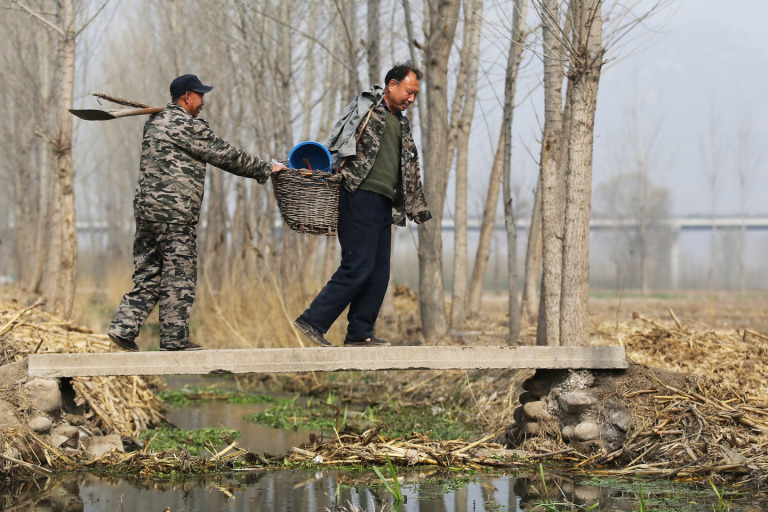
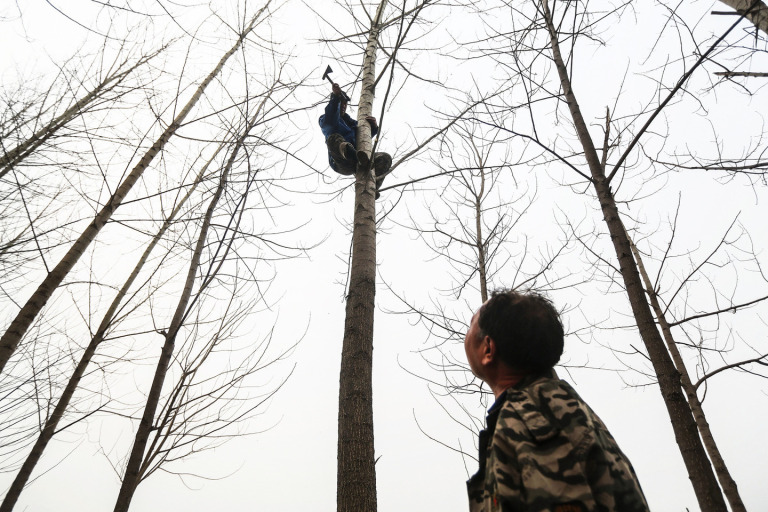
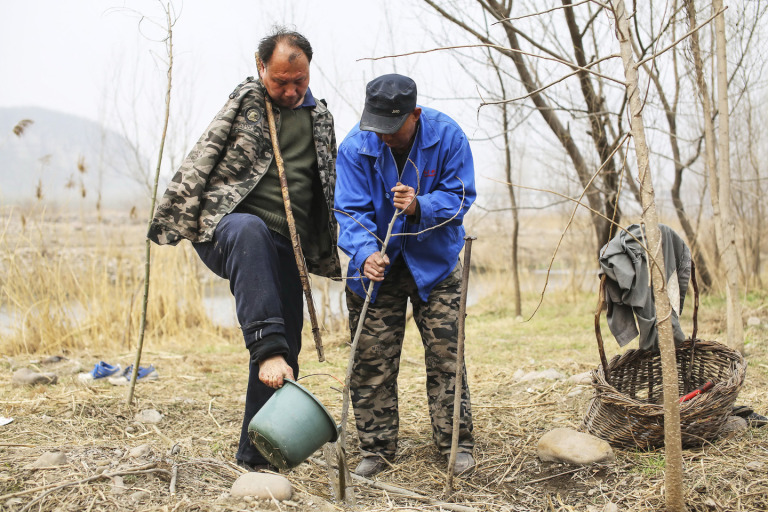
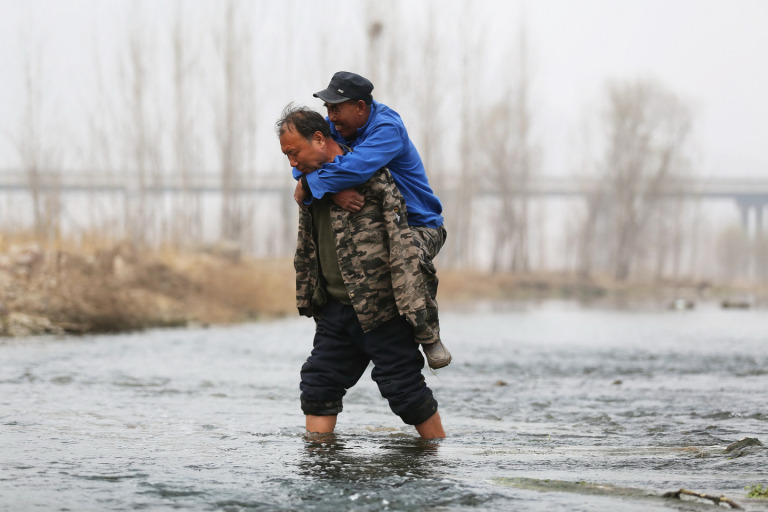
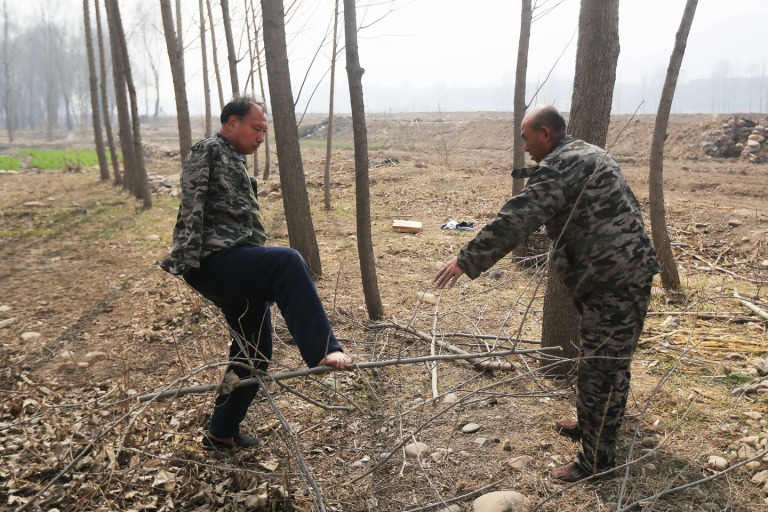
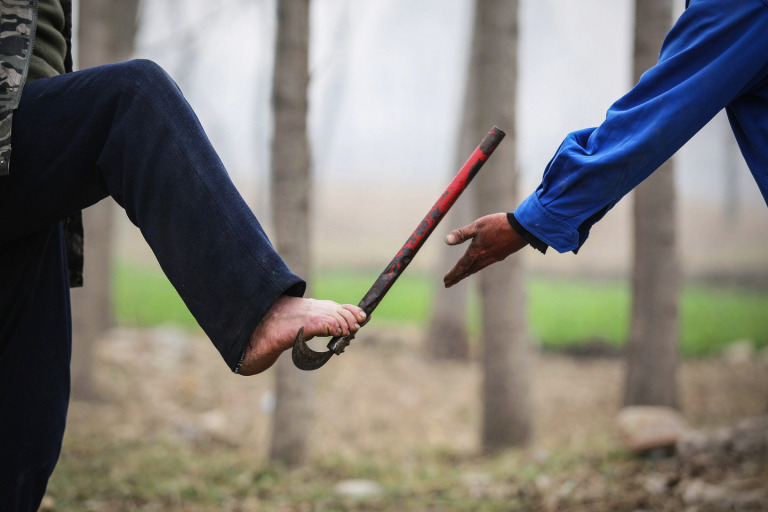
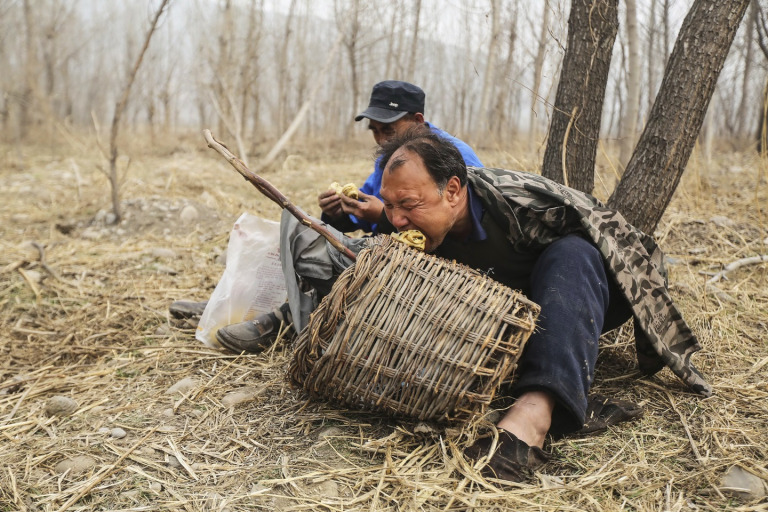
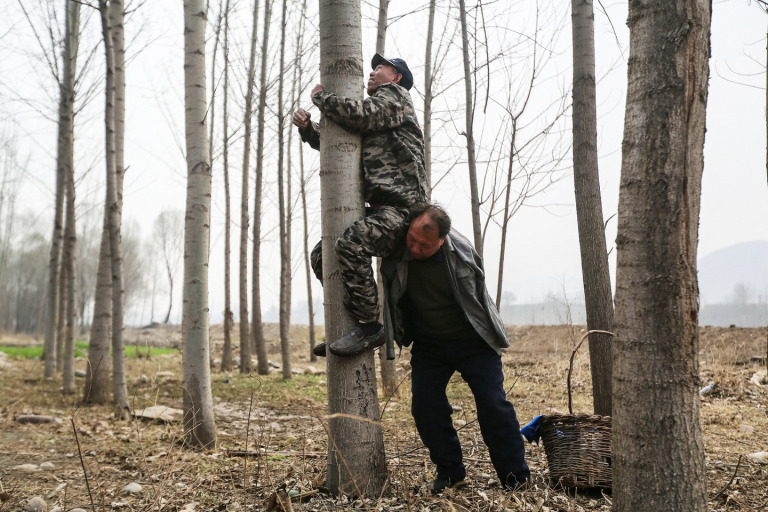
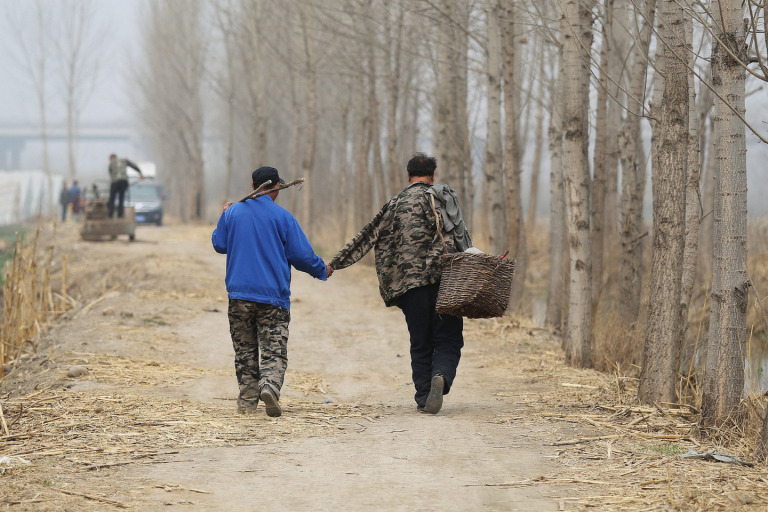 “Society grows great when old men plant trees whose shade they know they shall never sit in.” ~ Greek Proverb
“Society grows great when old men plant trees whose shade they know they shall never sit in.” ~ Greek Proverb
This article is syndicated from Kindness Blog. Kindness Blog shares media featuring kindness in all its varied forms. Celebrating the angels of kindness that walk among us every day. These are the people who freely give their help, that lend a listening ear to a sad soul’s tragic tale, that share what resources they have, that tolerate, that seek to understand another person’s plight and actively work to uplift others from poverty, oppression and loss.


On Oct 26, 2017 Patrick Watters wrote:
Beautiful
Post Your Reply